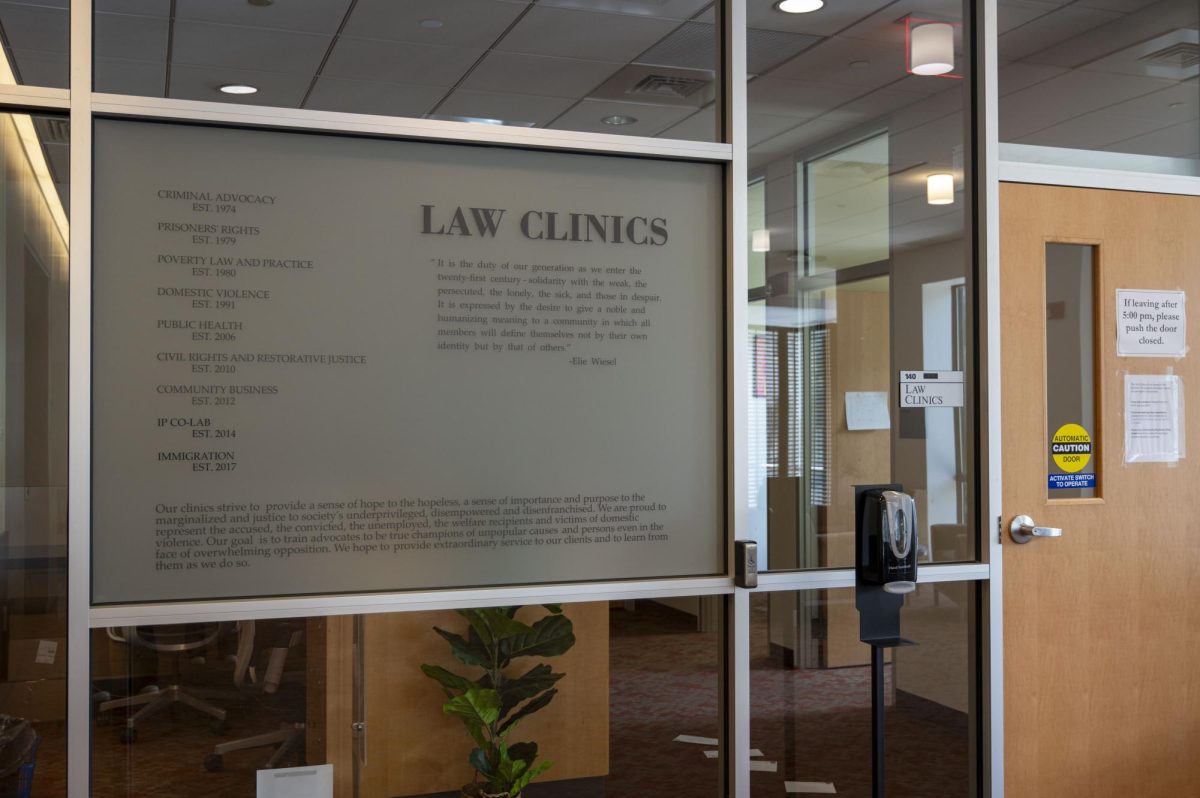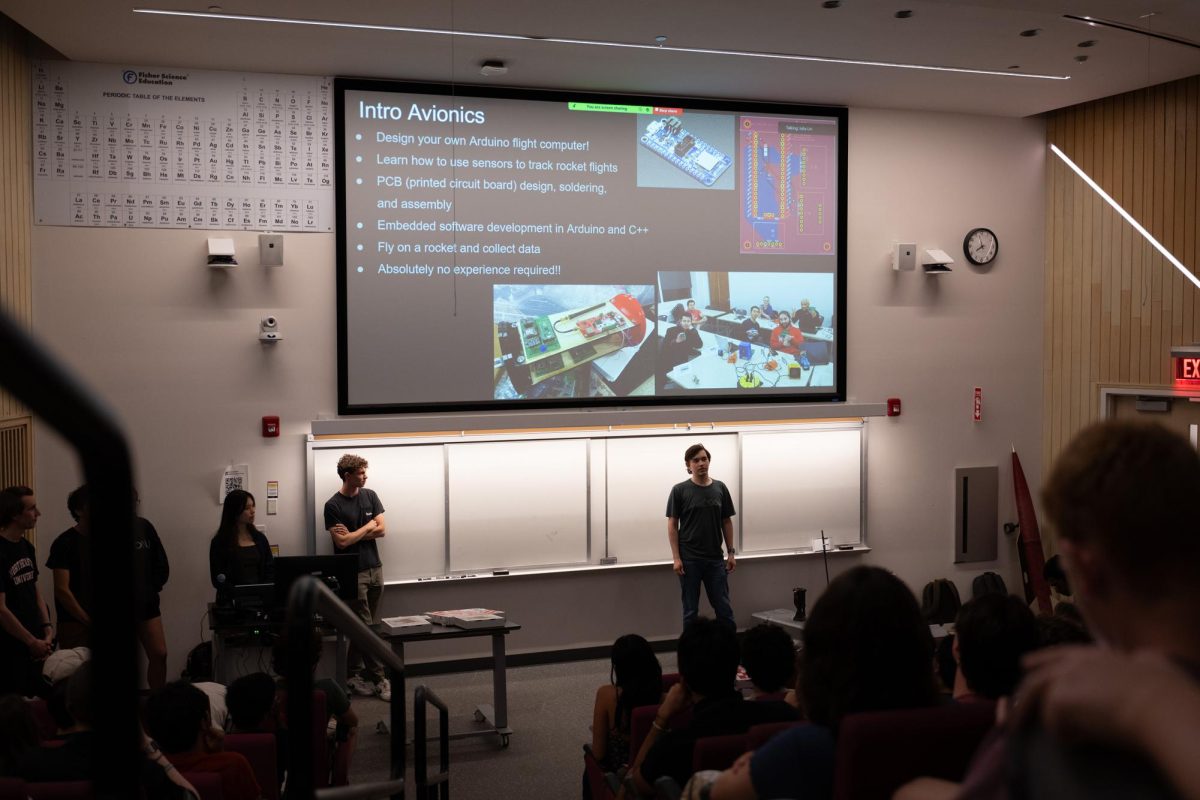With the Peer Tutoring Center set to become part of the past, students will miss out on the time-tested opportunity to gain an understanding of course material using techniques helpful enough to be passed from one person to the next.
The strange thing: this is the rationale coming straight from the university’s website, to justify the center. Perhaps, to Northeastern, this is a relic as well.
As the latest sign of a changing university, Provost Ahmed Abdelal recently announced that each academic department will assume responsibility for helping individual students receive teacher and teacher’s aide tutoring as a way of increasing the role faculty and teaching assistants play in the learning process.
In favor of the change, Northeastern administrators have argued that students need to be connected with their instructors and that a lot of students already have adapted. But streamlining a process to mandate tutor time from professors who are already hustling between faculty meetings and tedious mass-grading sessions sounds like a veil for cost-cutting and expanding the shuffle.
Northeastern’s “every-department-for-itself” mentality may prove inefficient for both teachers and students. Many tutors have developed one-on-one relationships with the students they tutor by helping not only with insight and notes tailored to specific courses, but also many general, student-life concerns.
Peer tutoring is often considered less threatening and intimidating than consulting with teachers concerning pedantic lectures. Tutors typically establish a rapport with the student in a way professors cannot, simply because professors don’t know what it’s like to be one of their students.
If ease of interaction is a factor, advice from someone who starts as a peer and when graduates to a pal is more readily accepted and solicited, considering that a peer tutor is never perceived as someone who casts the final grade on a paper or examination.
Peer tutoring is a service most colleges offer. If each department becomes fully responsible for tutoring its own students, especially at a rate faster than what it is prepared for, Northeastern may witness an outcry against this great deficiency.
Some heads of academic departments have expressed concern with an imminent flux of students seeking extra study help. The Peer Tutoring Center, under this plan to decentralize the service, will only become additional group study space – or in other words, just some idle library room. Northeastern should utilize this space to suit the students’ best interest: enhanced studying.








